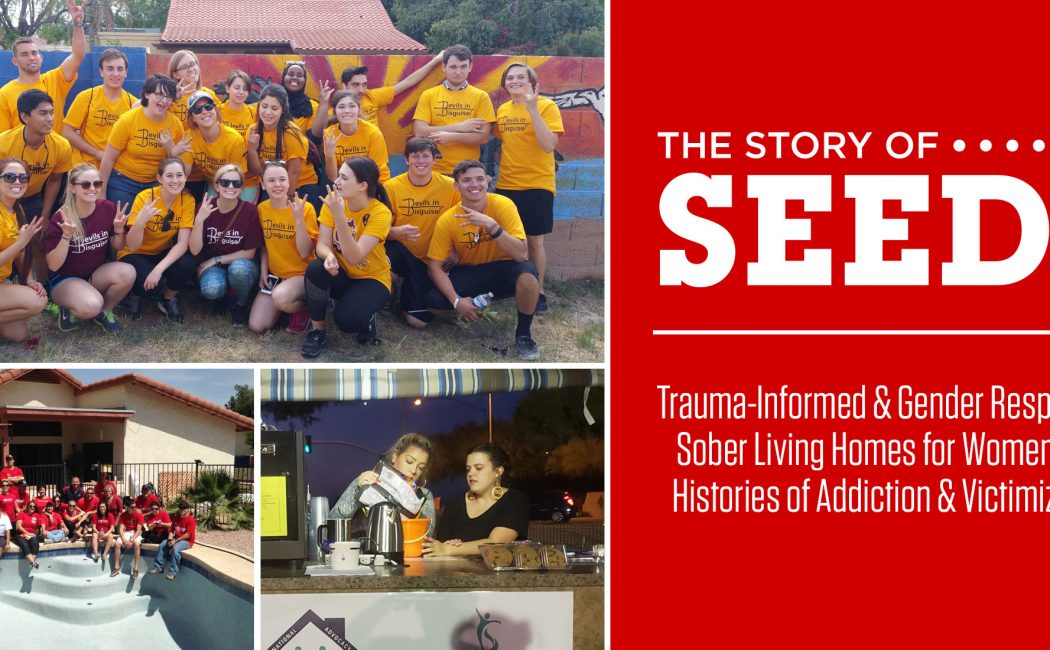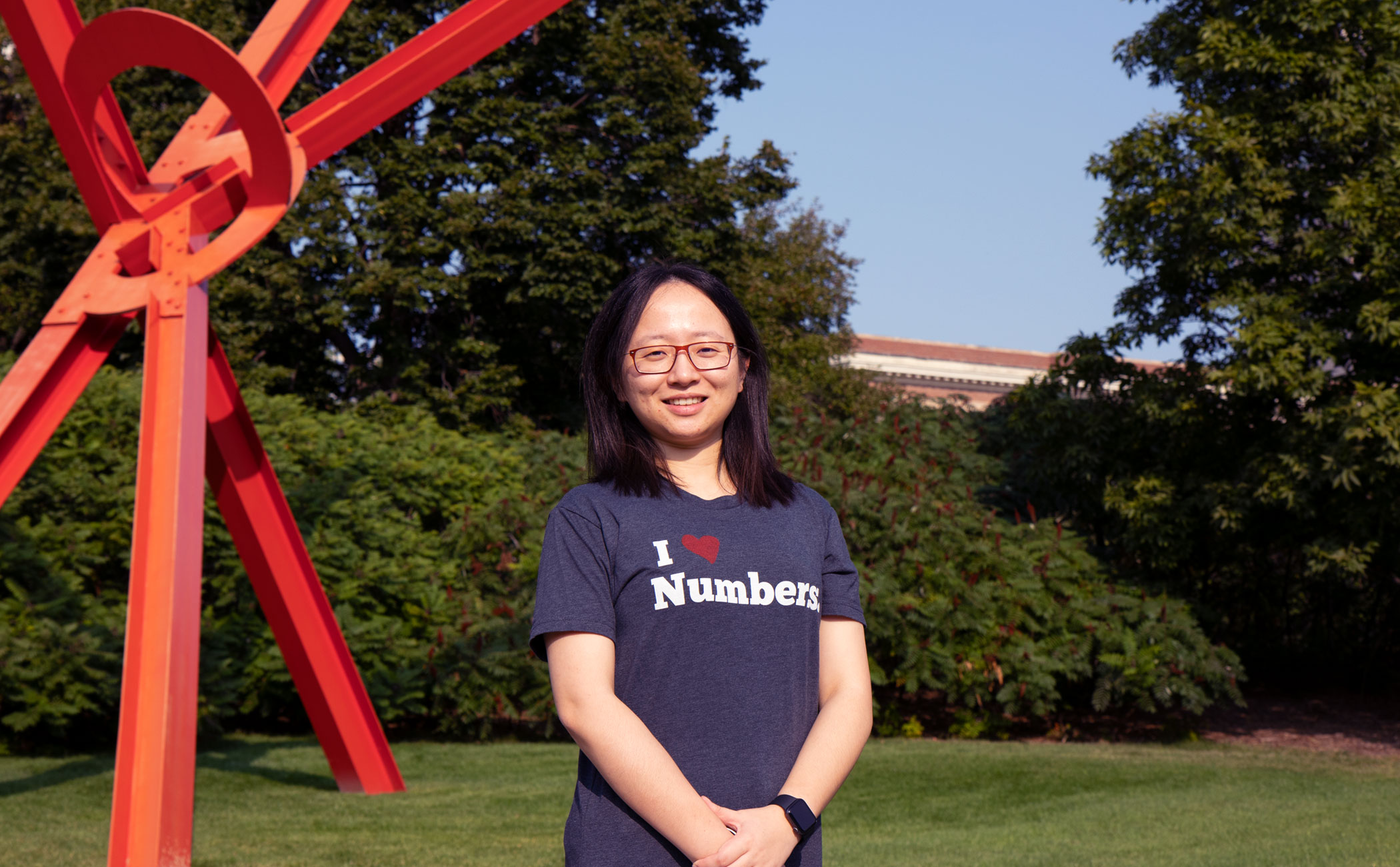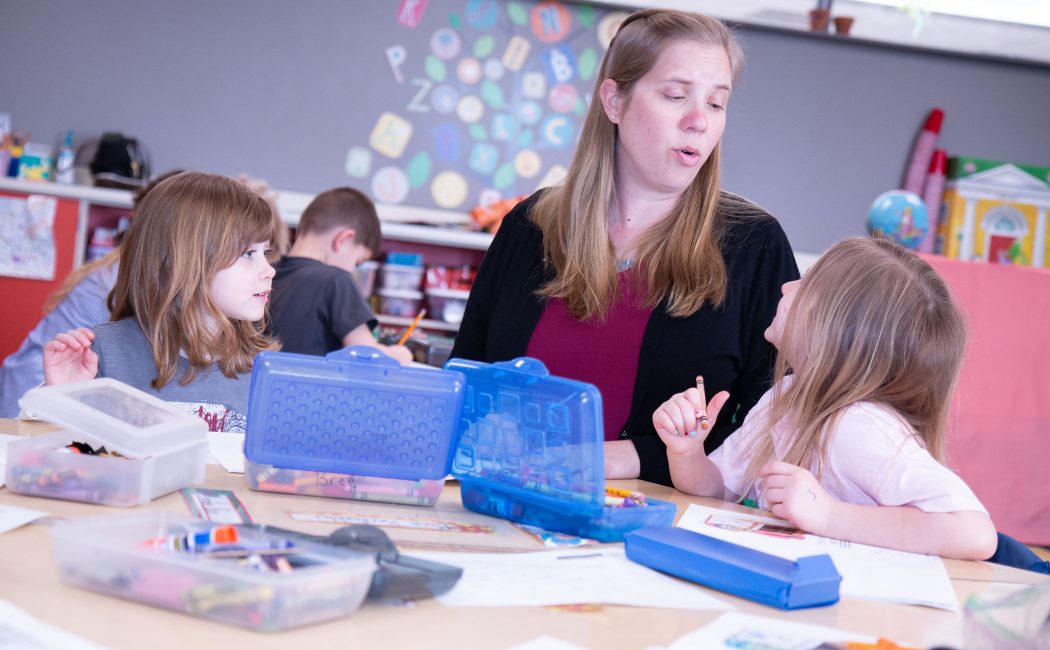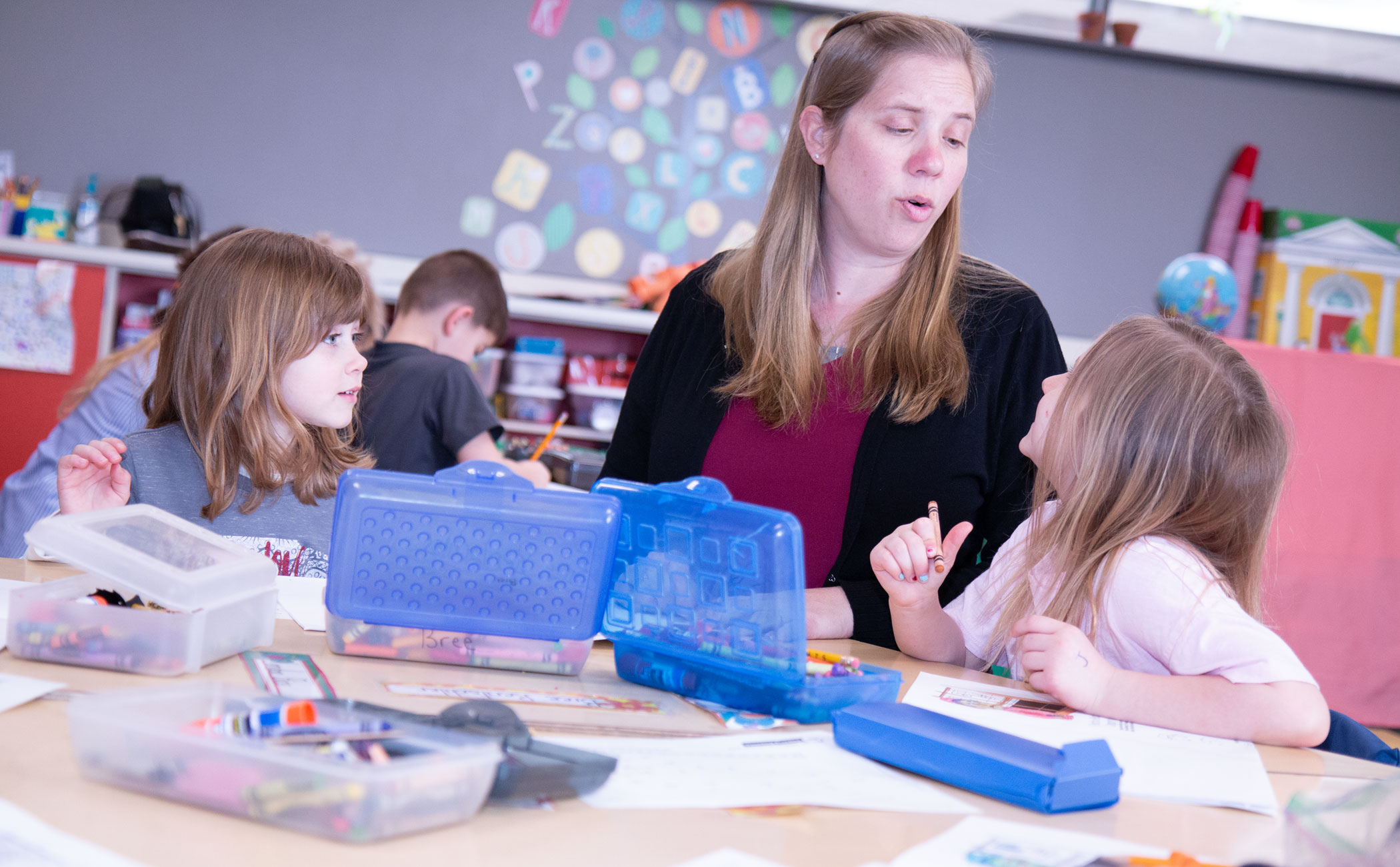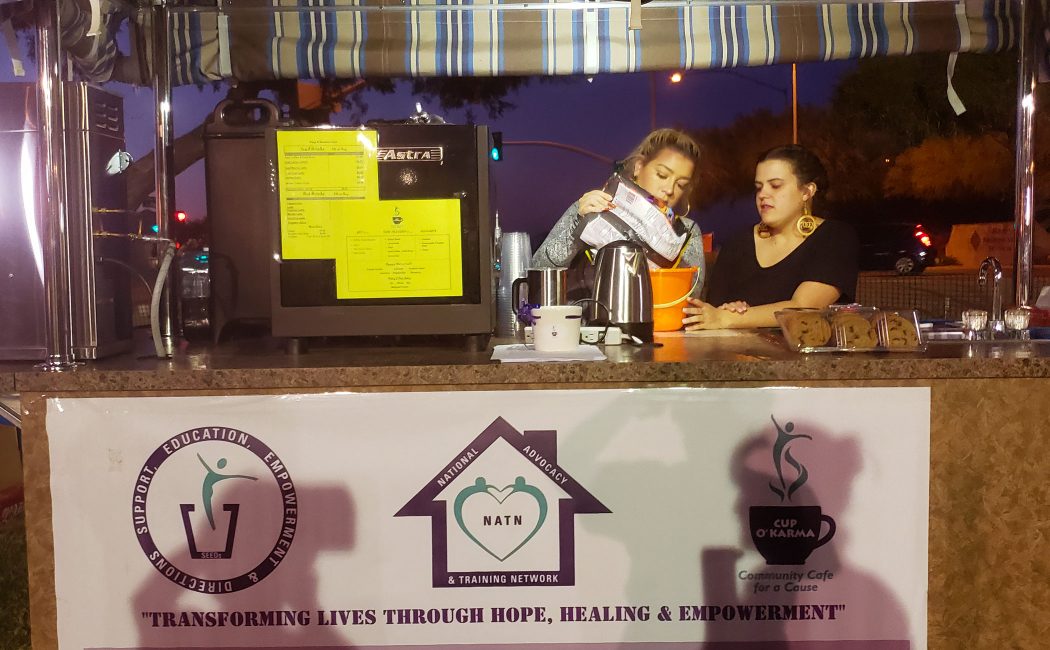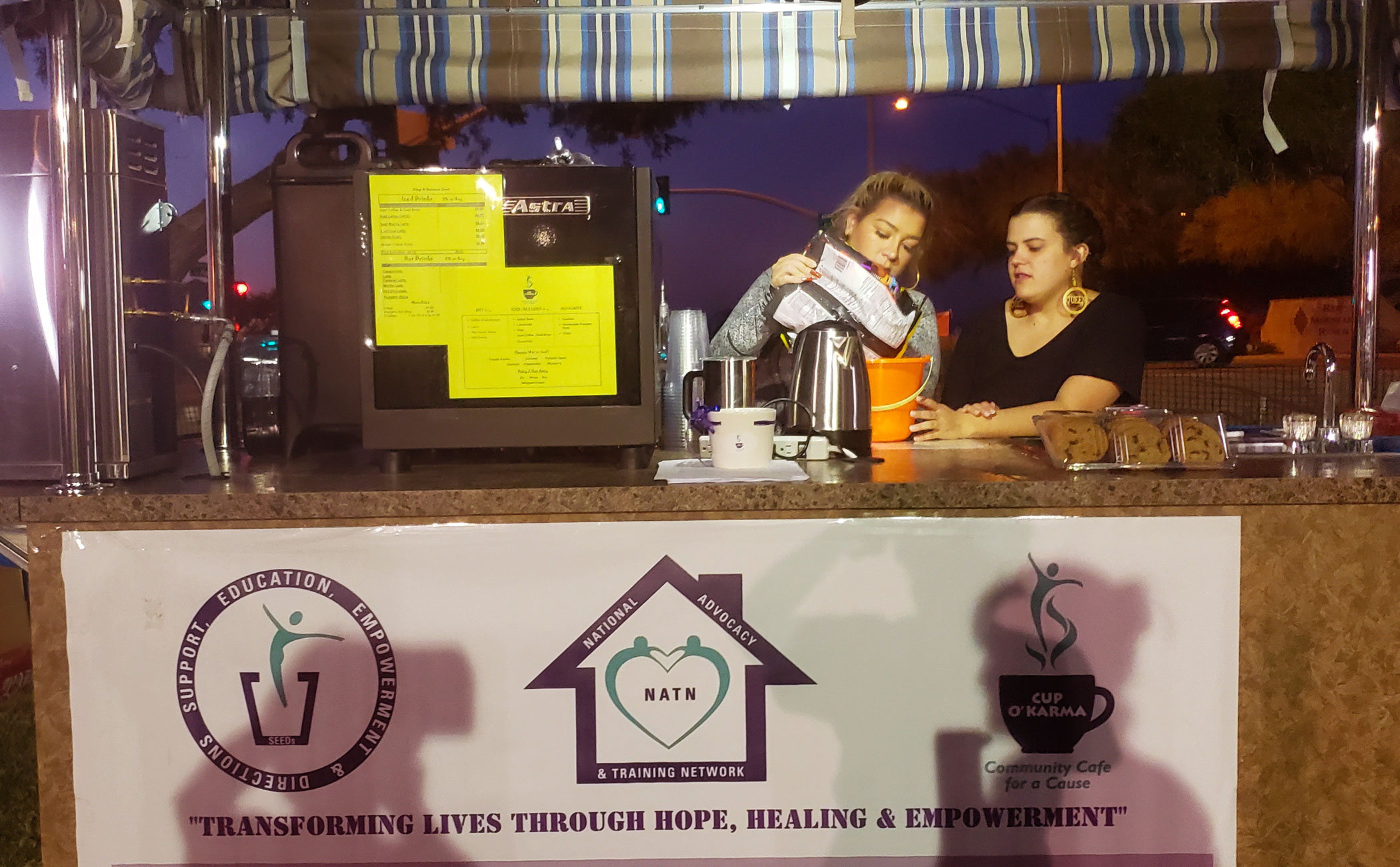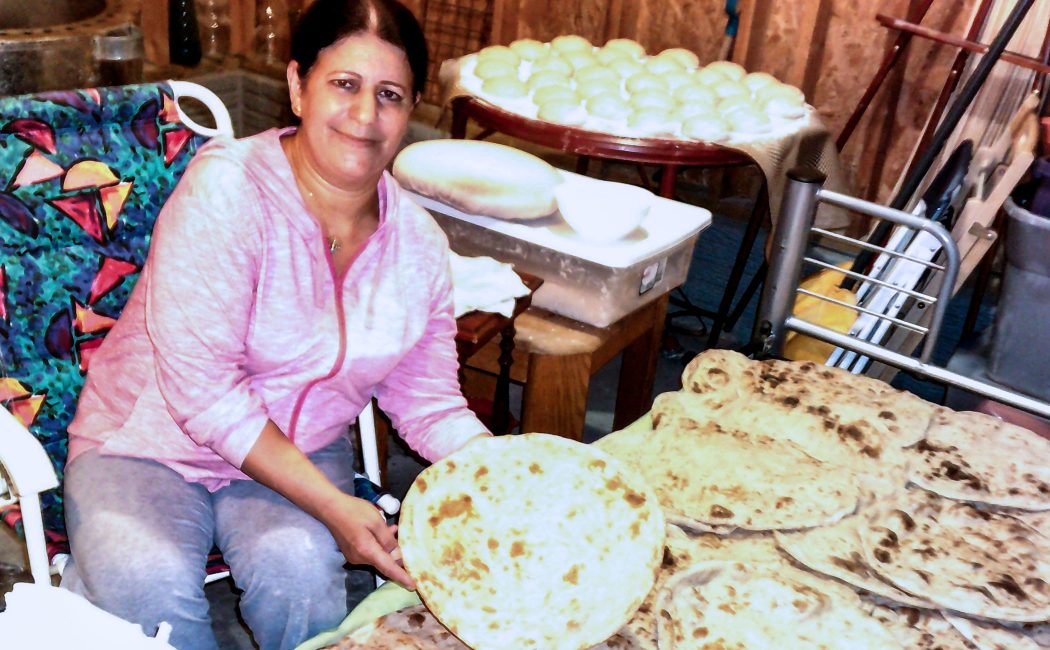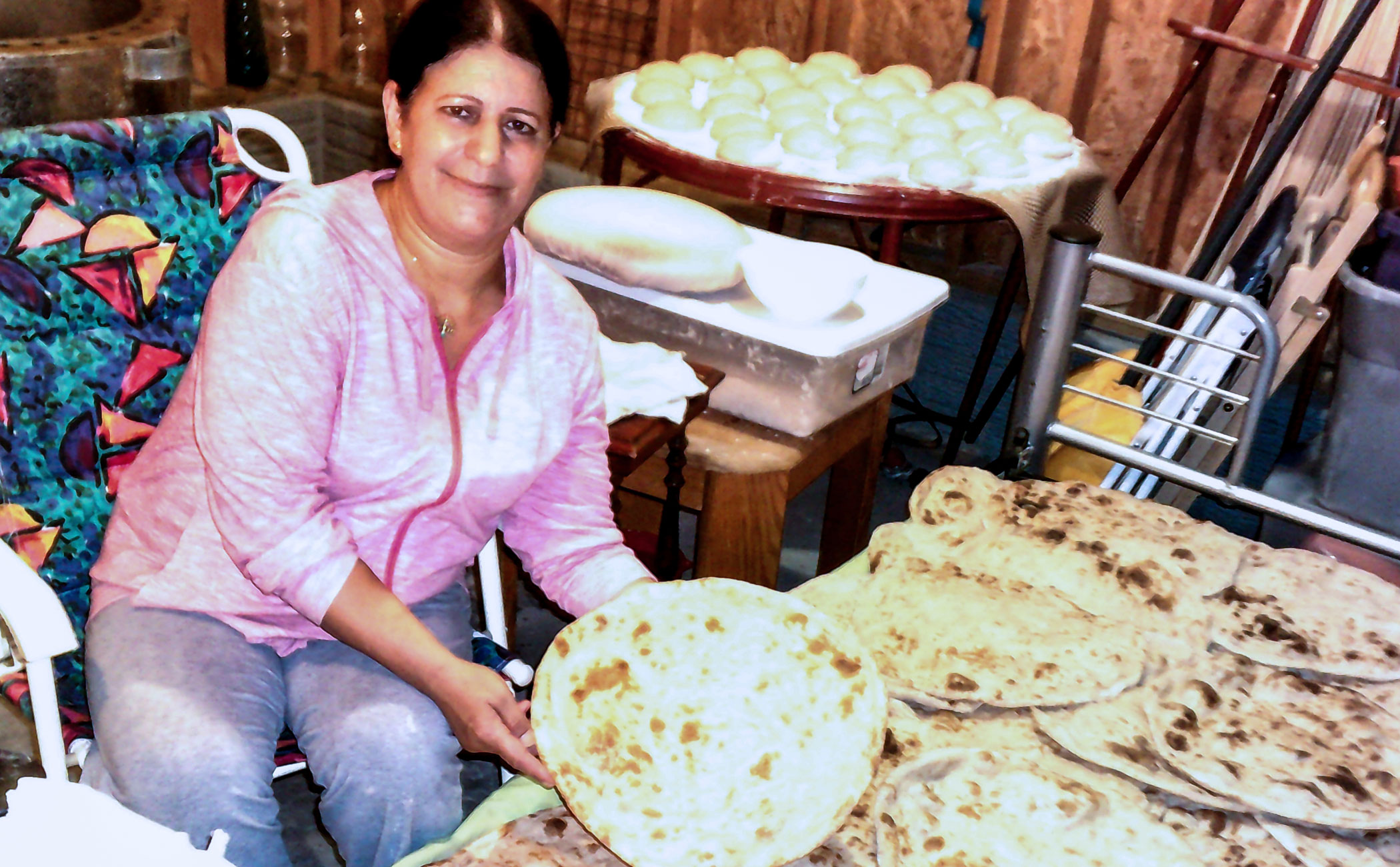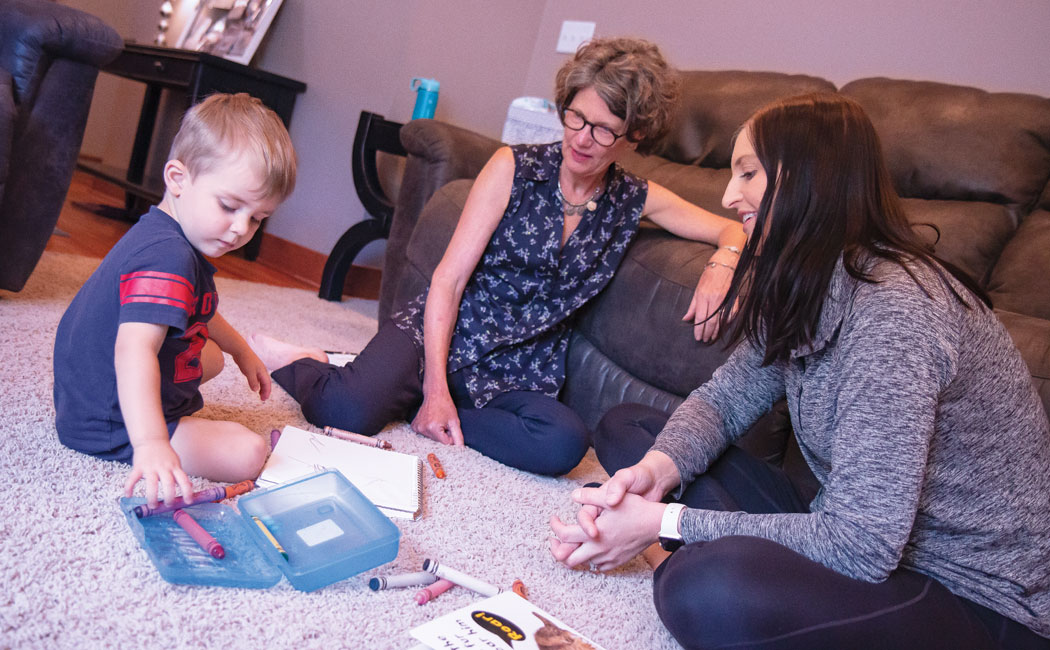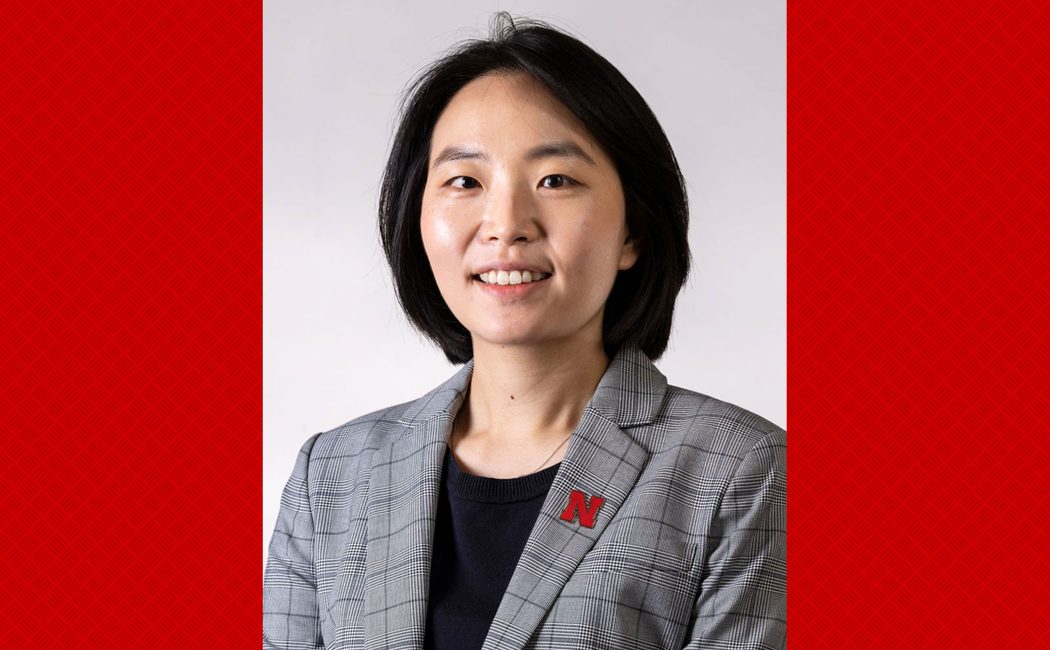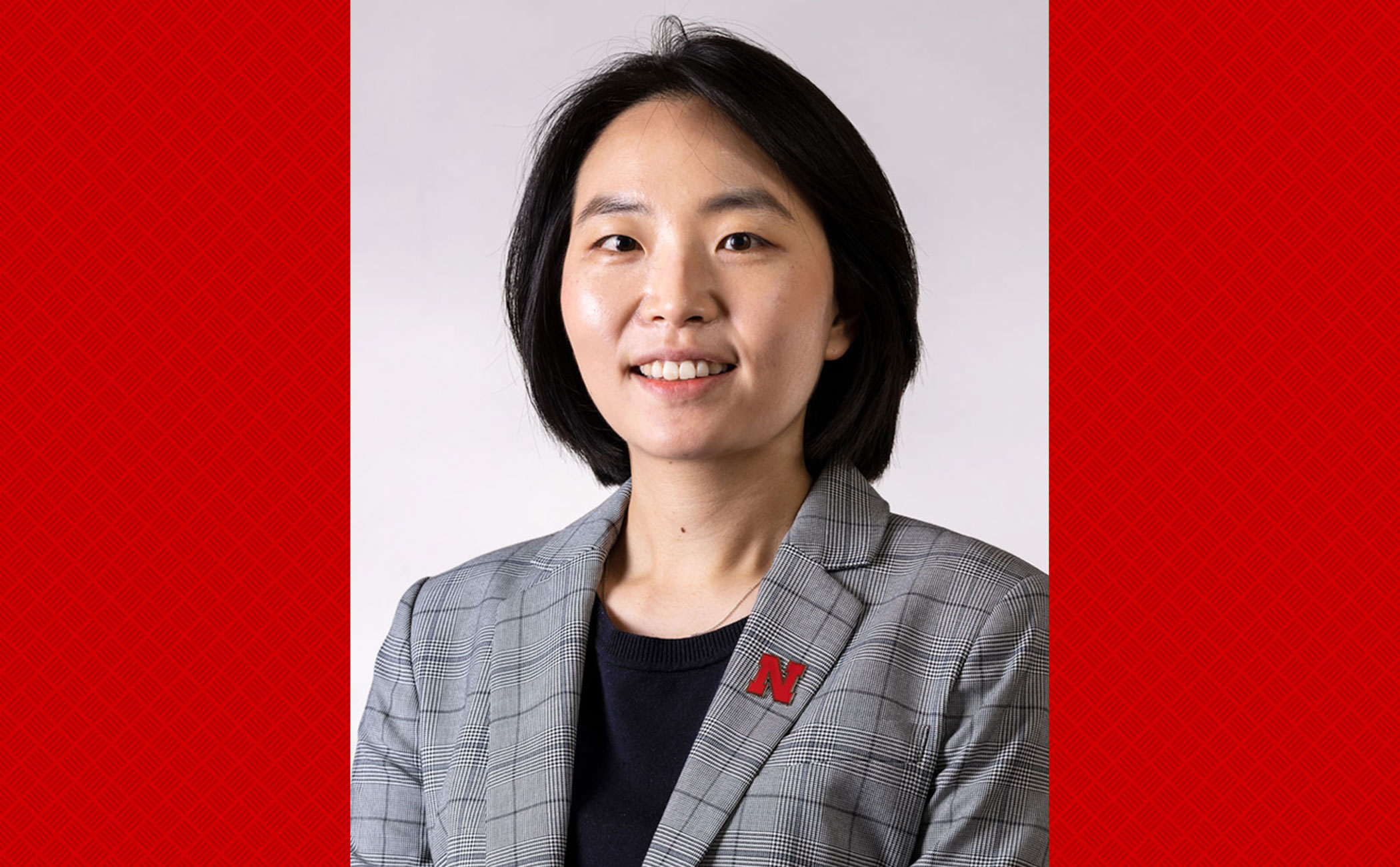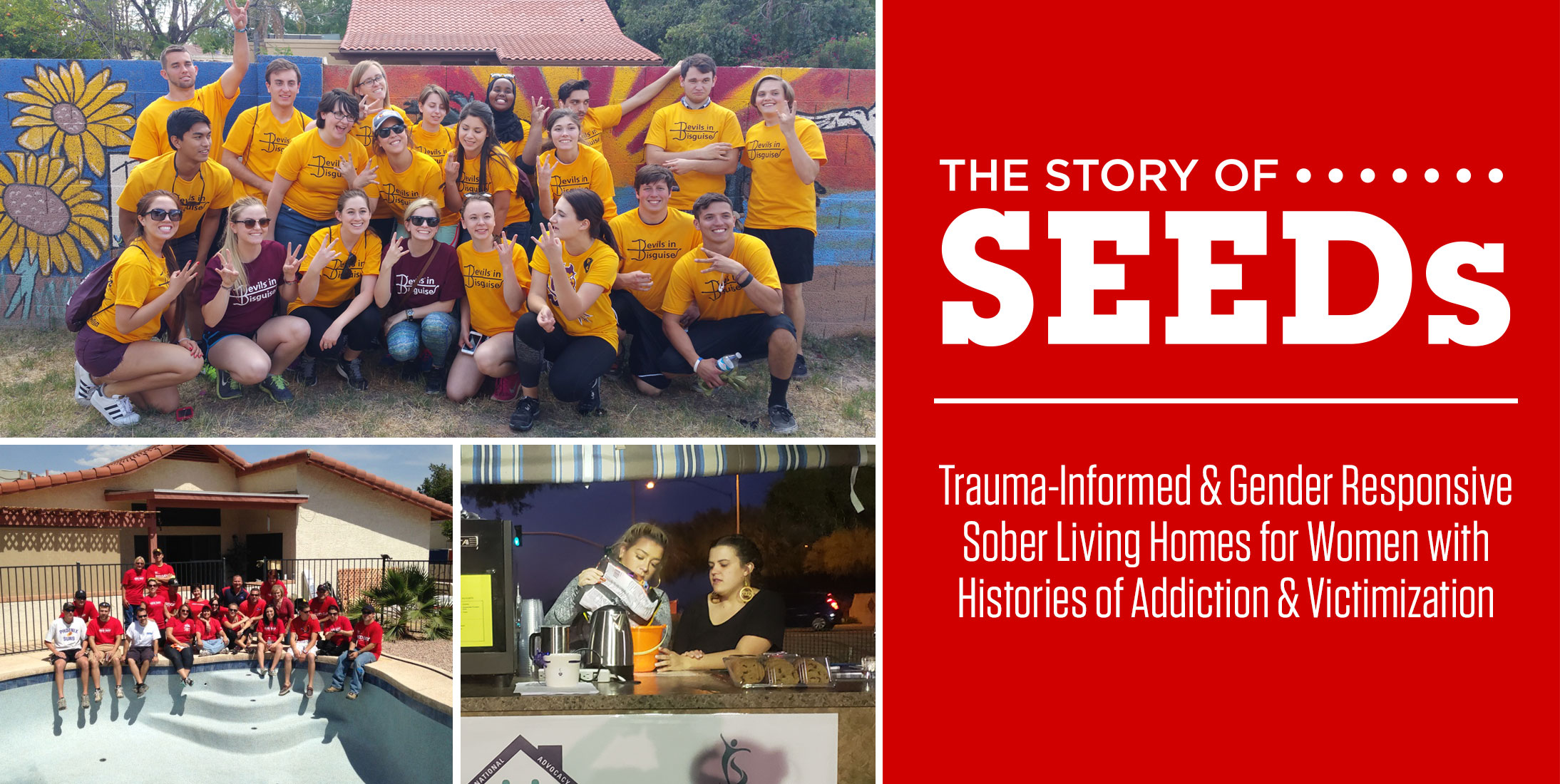 About 200 practitioners, advocates, students and policymakers attended an Oct. 19 webinar, “The Story of SEEDs,” which outlined the history, success and challenges of the Support, Education, Empowerment and Directions (SEEDs) program.
About 200 practitioners, advocates, students and policymakers attended an Oct. 19 webinar, “The Story of SEEDs,” which outlined the history, success and challenges of the Support, Education, Empowerment and Directions (SEEDs) program.
The virtual event discussed the trauma-informed, gender-responsive, sober living home program for women with histories of substance abuse and domestic and/or sexual violence. Discussion topics included costs associated with running SEEDs, program implementation barriers, lessons learned and next steps for continued sustainability.
